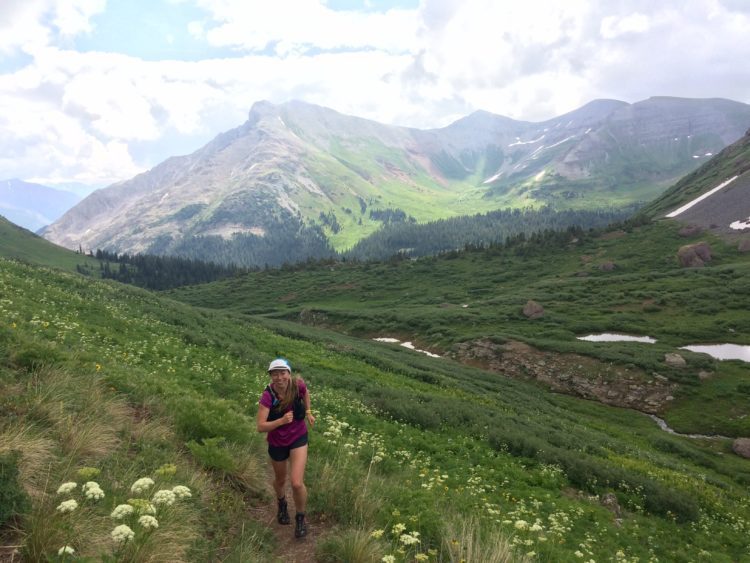Outside Online slams trail running community
When Outside Online claimed that trail runners were like parasites, the community fired back

Yesterday Outside Online published an article targeting and offending the trail and ultrarunning community. Claiming the headline wasn’t clickbait, “Trail Runners are Lazy Parasites” ignited heated social media conversations as the trail running community fought back.
RELATED: Do trail and ultrarunning have an inclusivity problem?
Feel bad even giving them press as (and despite their insistence) it feels wholly clickbaity and gross. But congrats Outside. Way to alienate a good chunk of your readers…
— Billy Yang (@BillyYang) May 22, 2019
Other than the fact that trail running is no doubt booming in popularity, the author had limited research to support his statements. With anecdotal evidence, blanket labels were used offending trail runners and what they stand (or run) for. Trail runners were assumed responsible for neglecting trail work, leaving trash, and abusing trails.
The author uses the volume of Colorado’s Fourteener hiking population (14,000 foot peaks) as an example for blaming the trail running community. Despite an increase of trail and ultrarunners tackling Nolan’s 14, trail running and the Fourteener culture in Colorado are not synonymous. Some trail runners hike, but not all hikers trail run. Generalizing trail runners as Colorado hikers is inaccurate.

The article makes an insulting distinction between trail runners and trail advocates, writing, “trail advocates know that trail runners are having a major impact.” What the author may not realize is how many trail runners promote trail advocacy in their everyday lives. They run trails largely because of their passion for the environment.
Many trail races have mandatory trail work or volunteer requirements in order to toe the line. For example, Geoff Langford and Gary Robbins’ Coast Mountain Trail Series in B.C. has donated thousands of dollars for trail maintenance and search and rescue. The Cumby trail race in Cumberland has donated over $40,000 to the Cumberland Community Forest. Examples of trail advocacy are not hard to find.
RELATED: How green is your trail race?
Nor shall we forget the literally THOUSANDS OF DOLLARS donated through races like @Squamish50 & @CoastMtnTrail to trail organizations like @sorca_ca, @NSRescue, & @NSMBA via registrations & runner donations. I hope the author does some more research & changes his tone & tune.
— Linda Barton-Robbins (@lindabear78) May 23, 2019
The author calls for a national trail running advocacy group like the mountain bike culture to monitor volunteer hours and trail maintenance work. Yet, like any subculture, trail runners have their own unspoken expectations for the community. It’s not only expected that trail runners volunteer and contribute to the trail culture, it’s assumed. If you don’t give back, you aren’t cool.
Trail runners are not mountain bikers. Although we share trails, we have our own story–which the author continues to slam. It doesn’t really matter how and why someone gets involved in trail running. Quoting Montana Trail Crew co-founder Jimmy Grant stating that “they don’t all have that mountain ethic,” is not only incorrect–it’s hurtful and unhelpful for the trail community at large.
Send your thoughts on this poorly written article to: letters@outsideim.com consider cancelling your subscription and unliking them on social media. This article is damanging to trail user community relations and is plain not true. https://t.co/sUtFhg35r8
— Candice ₿ (@runcandice) May 23, 2019
It’s no wonder the trail running community is up in arms, and feeling like they are in defence mode. For many trail runners, the freedom of the forest provides opportunities to feel liberated from society’s expectations. Trail runners often define themselves as supportive and inclusive. It can be a conflict-free method to make sense of the world. Outside’s us-versus-them mentality is the opposite.


